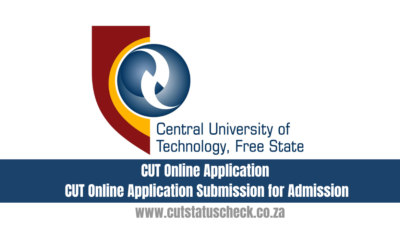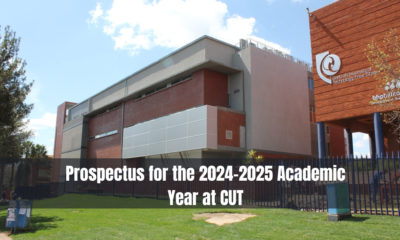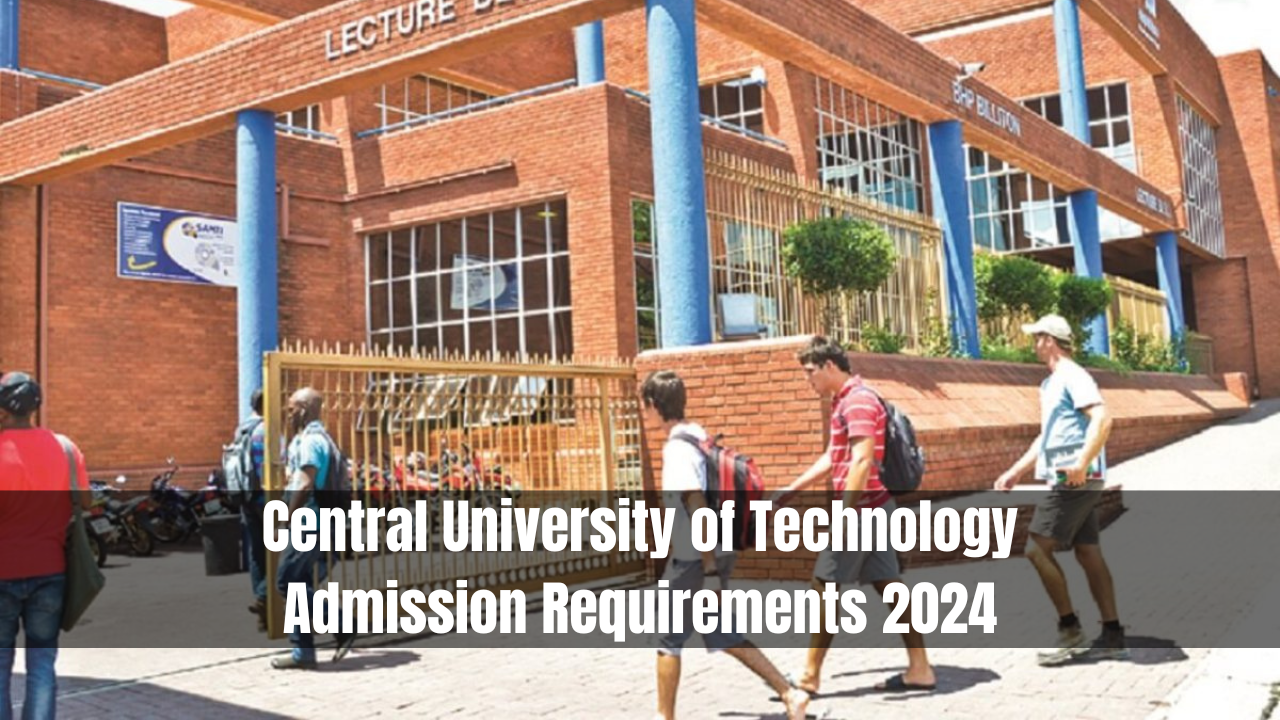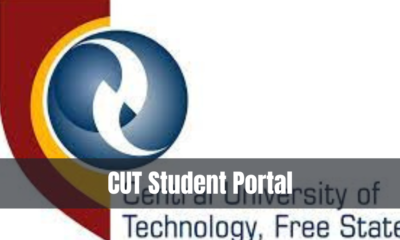CUT News
CUT celebrates Africa Day to Promote, Unearth and Preserve African Heritage

CUT celebrates Africa Day to Promote, Unearth and Preserve African Heritage. On 24 May 2024, the Cape Peninsula University of Technology (CUT) celebrated Africa Day with a special focus on promoting, unearthing, and preserving the African Heritage. The event highlighted the importance of African intellectualism and the preservation of historical documents from the continent.
Read Also: Cut Status Check Online
The Book Launch: Preserving African Manuscripts
One of the key highlights of the celebration was a book launch hosted by the Library and Information Services. Three booklets, translated from manuscripts discovered in Timbuktu, Mali, were unveiled. The booklets, titled The Book of Saints, The Benefits of Plants, and the Description of Timbuktu CityT, were translated into English by the African Intellectual Heritage Institute. This initiative aims to encourage a deeper understanding of precolonial African intellectualism.
Conservation Efforts and Translation Process
Mary Minicka, Head of Preservation for the Western Cape Archives and Records Service, shared insights into the conservation process of the historical documents and manuscripts from Timbuktu. She highlighted the importance of understanding the West African Islamic manuscript structure, which includes writing from right to left and the foredge flap. Minicka emphasized the need for thorough research to make informed conservation decisions, ensuring that the manuscripts are preserved authentically.
Unlocking the African Intellectual Tradition
Ikhraam Osman, Business Manager at the African Intellectual Heritage Institute, expressed the institute’s goal of promoting a deeper understanding and appreciation of precolonial African intellectualism. Osman emphasized the importance of utilizing this knowledge to expand African intellectualism in contemporary society. He stressed the value of translating and utilizing the preserved manuscripts to learn about the past and apply that knowledge to the future.
The Value of Historical Indigenous Knowledge
Sheikh Hamid Fernana, Translator and Scholar, highlighted the value of historical indigenous knowledge found in the translated manuscripts. He emphasized that in the past, manuscripts were considered more valuable than gold in Timbuktu. Fernana praised the attitude towards knowledge in Timbuktu, where learning spaces were arranged in circles, known as the ‘circle of knowledge.’ He emphasized the ethical purpose of knowledge, which was to serve mankind, and praised their reverence for teachers, whom they regarded as prophets of God.
Conclusion
The celebration of Africa Day at CUT was not just a commemoration but a reaffirmation of the importance of preserving and promoting Africa’s rich intellectual heritage. The efforts to translate and preserve manuscripts from Timbuktu serve as a testament to the continent’s enduring legacy of knowledge and wisdom.
-

 Blog1 year ago
Blog1 year agoCUT Online Application | CUT Online Application Submission for Admission
-

 Blog10 months ago
Blog10 months agoProspectus for the 2024-2025 Academic Year at CUT
-

 Blog10 months ago
Blog10 months agoCut off late applications in 2024
-

 Blog1 year ago
Blog1 year agoCentral University of Technology Admission Requirements 2024
-

 Blog1 year ago
Blog1 year agoHow to Check CUT Application Status 2024
-

 Blog10 months ago
Blog10 months agoCUT Student Portal
-

 Blog10 months ago
Blog10 months agoCUT Online Applications Will Open on 4 March 2024
-

 Blog1 year ago
Blog1 year agoCUT Opening Date for 2024 Application










